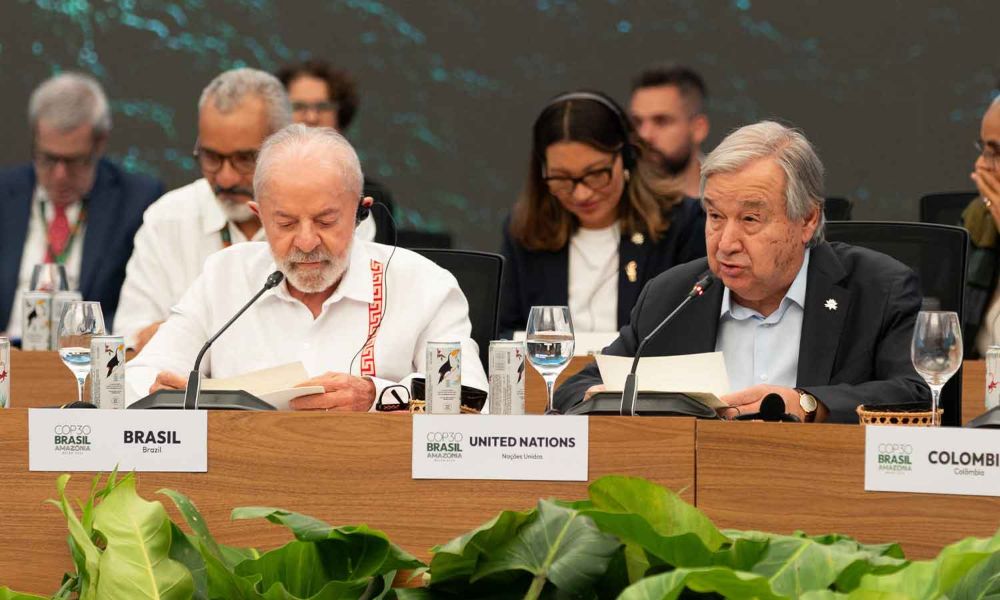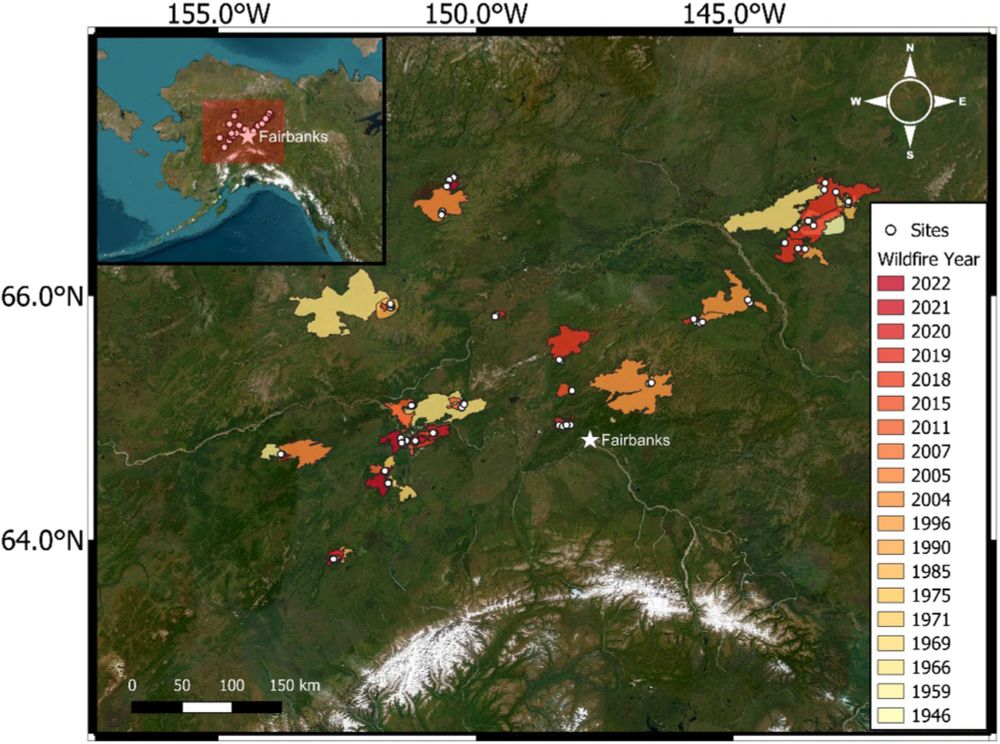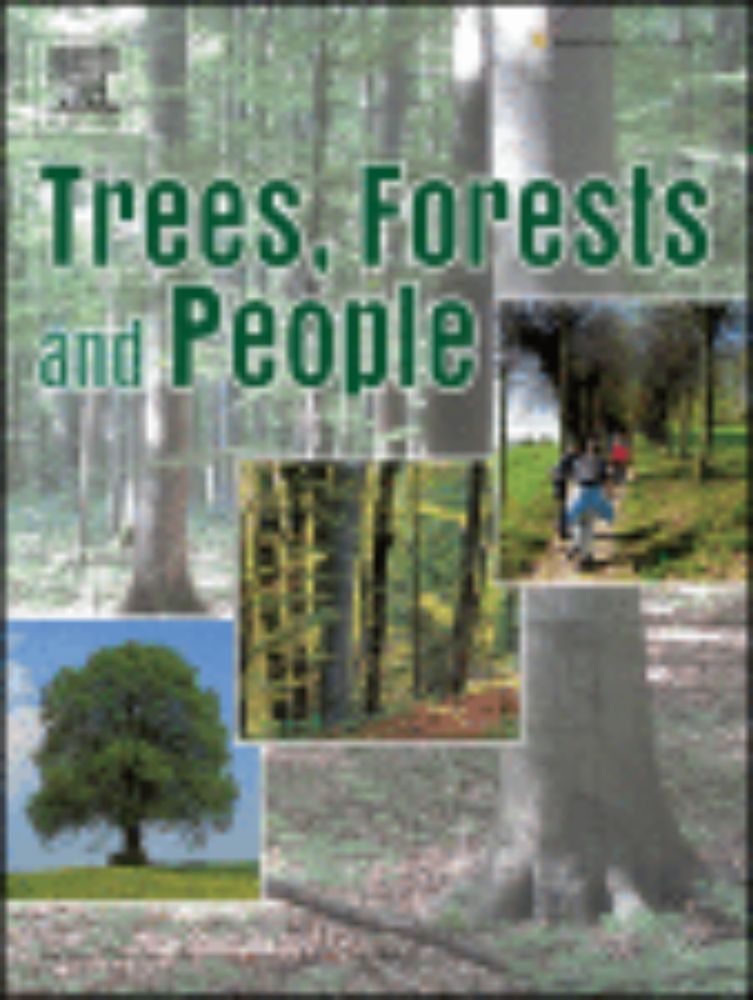📄Fifteen Questions to Ask Before Attending Graduate School
doi.org/10.1002/bes2...

📄Fifteen Questions to Ask Before Attending Graduate School
doi.org/10.1002/bes2...

Read it here: https://ow.ly/XhUo50XpyeC

Read it here: https://ow.ly/XhUo50XpyeC
The fellow will work at the intersection of forest ecology and environmental policy, investigating the effectiveness of forest carbon offset programs

The fellow will work at the intersection of forest ecology and environmental policy, investigating the effectiveness of forest carbon offset programs






eos.org/research-and...

eos.org/research-and...

📄Simulated postfire tree regeneration suggests reorganization of Greater Yellowstone forests during the 21st century
doi.org/10.1002/ecs2...

@fresnoland.bsky.social

@fresnoland.bsky.social




Quantify traits of tree species across the western US to determine how tree populations and forest communities will respond to drought and fire.
plant-traits.net/lab-openings/



